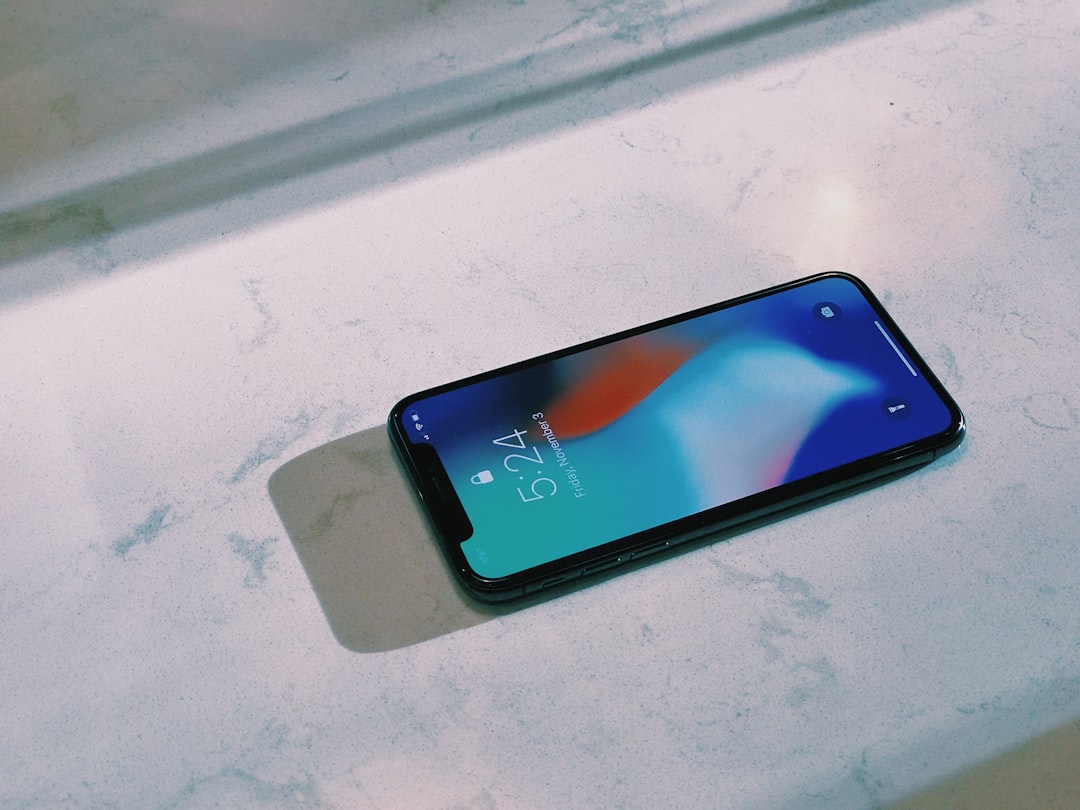In New Jersey, the Telephone Consumer Protection Act (TCPA) regulates robocalls, demanding businesses obtain prior consent from recipients. Unwanted or harassing robocalls are illegal, and consumers can take legal action, including suing for damages of up to $500 per violation. Documenting and recording these calls serve as crucial evidence. Understanding your rights to sue for robocalls empowers you to combat intrusive phone marketing practices in New Jersey.
In today’s digital age, robocalls have become a ubiquitous yet often unwanted part of our daily lives. This guide explores robocalls in New Jersey, focusing on what you should know about their legal status and your rights. We delve into the rules governing automated calls, highlighting when it’s legal for robocallers to contact you in NJ. Additionally, we discuss your options if you wish to sue for unwanted robocalls, providing insights into protecting your privacy and peace of mind.
Understanding Robocalls and Their Legal Status in New Jersey

Robocalls, automated phone calls that deliver recorded messages, have become a ubiquitous part of modern communication. While they can offer convenient services and information, they also often fall into the category of unwanted or even fraudulent activity. In New Jersey, like many states, robocalls are regulated to protect consumers from deceptive practices.
The legal status of robocalls in New Jersey is governed by the Telephone Consumer Protection Act (TCPA), a federal law designed to curb excessive or unsolicited phone marketing. This means that businesses and organizations must obtain explicit consent before making automated calls to individuals, except for certain exceptions like calls for emergency purposes or from government agencies. If you’ve received unwanted robocalls, you may have legal recourse. You could potentially sue for damages if the call violated your rights under the TCPA, which includes compensation for each unauthorized call received.
When Is It Legal: Rules for Robocallers in NJ

In New Jersey, robocalls are regulated by the Telephone Consumer Protection Act (TCPA), which sets strict guidelines for automated calling campaigns. While many states have specific laws against unwanted robocalls, NJ’s regulations focus on when and how these calls can be made legally. Businesses or organizations initiating robocalls must obtain prior express consent from recipients before dialing. This means that if you’ve not given explicit permission for a company to contact you using automated technology, their calls are considered illegal in New Jersey.
The TCPA allows consumers to take legal action against robocallers who violate these rules. If you’re receiving harassing or unsolicited robocalls, you have the right to sue for damages. The law provides for statutory penalties, which can include up to $500 per violation, making it a significant issue for companies caught breaking the rules. Thus, if you believe you’ve been targeted by illegal robocalls in New Jersey, Can I Sue For Robocalls New Jersey is not just a question but a potential course of action.
Your Rights and Option to Sue for Unwanted Calls in New Jersey

In New Jersey, you have rights when it comes to unwanted phone calls, especially robocalls. The Telephone Consumer Protection Act (TCPA) provides robust protections for consumers, making it illegal for businesses and organizations to make automated or prerecorded calls to telephone numbers without prior express consent. If you’ve received robocalls in New Jersey, you have the right to take action.
If a business has violated your rights by calling you without permission, you may be able to sue for damages. The TCPA allows individuals to seek compensation for each unauthorized call they receive, which can include monetary rewards. It’s important to document and record any robocalls you suspect are illegal, as this can serve as evidence if you decide to take legal action. By knowing your rights and understanding the option to sue for unwanted calls in New Jersey, consumers can better protect themselves from intrusive phone marketing practices.






